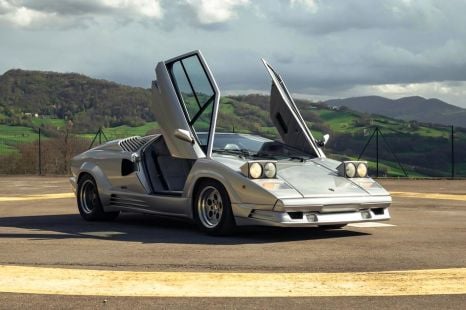

Anthony Crawford
1990 Lamborghini Countach review
5 Days Ago

News Editor
Build Your Dreams will no longer build you pure internal-combustion vehicles.
Chinese automaker BYD has confirmed it’s now producing only plug-in hybrid and battery-electric vehicles.
“To align with the requirements of the Company’s strategic development, the Company has stopped the production of Oil-fueled vehicles since March 2022,” the company said in a statement to the Hong Kong Stock Exchange.
“In the future, in terms of automobile business segment, the Company will focus on the businesses of Battery Electric vehicles and Plug-in Hybrid Electric vehicles.”
On Twitter, the company boasted it was the “first automotive manufacturer in the world to stop the production of fuel combusting vehicles”. Of course, the likes of Tesla and Rivian never started.
To the end of March 2022, BYD produced 4635 internal combustion-powered vehicles, compared to 52,565 ICE vehicles in the first quarter of 2021.
It said March was a record month for its passenger vehicles, with 104,338 sold. It produced zero pure-ICE vehicles that month, and its sales volume was split almost evenly between PHEVs and EVs.

BYD produced 287,530 “new energy vehicles” (PHEVs and EVs) in the first quarter of this year, a 416.96 per cent increase on the tally for Q1 2021 (55,619).
The company says it will continue to produce and supply components for ICE vehicles, and naturally its PHEVs will still include an ICE as part of their powertrain.
BYD is among six automakers to have signed a pledge late last year to phase out ICE vehicles by 2040.
The others were Ford, General Motors, Jaguar Land Rover, Mercedes-Benz and Volvo.
MORE: COP26: Every carmaker that pledged to stop selling fossil-fuel vehicles by 2040
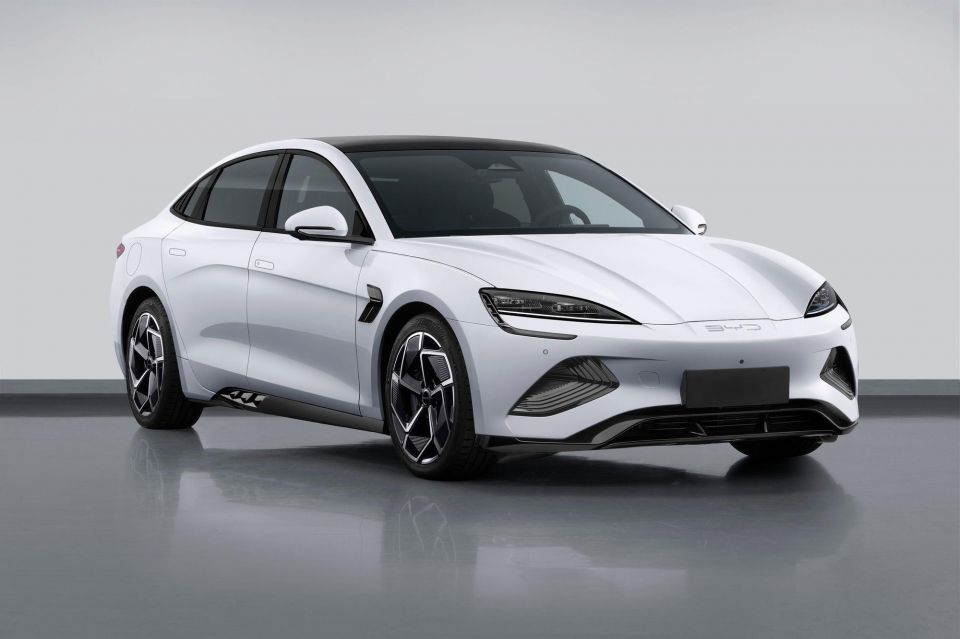
BYD is the largest electric vehicle manufacturer in China and began selling vehicles in Australia in 2021 via importer Nexport and distributor EVDirect.com.au.
As the name of the distributor suggests, BYD cars sold in Australia have all been EVs.
That includes the T3 van, the E6 people mover, and the Atto 3 crossover. The roughly Tesla Model 3-sized Seal is expected to arrive in 2023.
MORE: BYD Australia’s Tesla Model 3 EV sedan competitor detailed
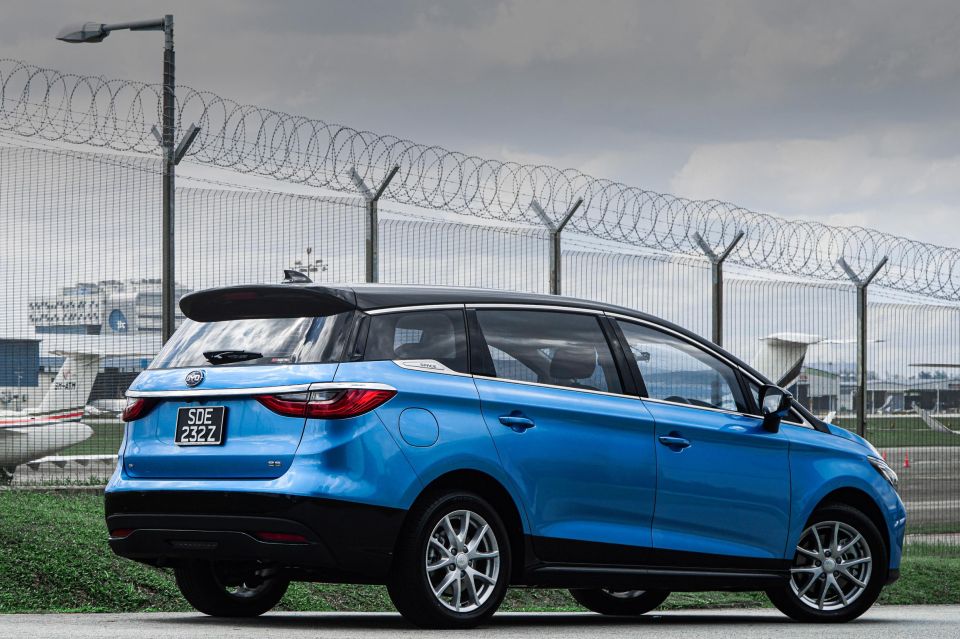
The ultimate goal is up to eight electric models by mid-2024, and an aspiration to be a top five overall brand.
BYD’s Australian representative has previously said each new model line has a production capability in China, in right-hand drive guise for this market, of 15,000 units per year – supply levels only Tesla can get near, having delivered 12,000 Model 3s to Australians last year.
EVDirect.com.au recently entered into a memorandum of understanding with Australia’s largest dealer group, the publicly-listed Eagers Automotive, with the intention of having around 20 fixed-price retail sites by 2024, supporting its online store.
An existing deal with Mycar, the independent repairer formerly known as Kmart Tyre & Auto, to act as an additional servicing and delivery partner, remains in place.
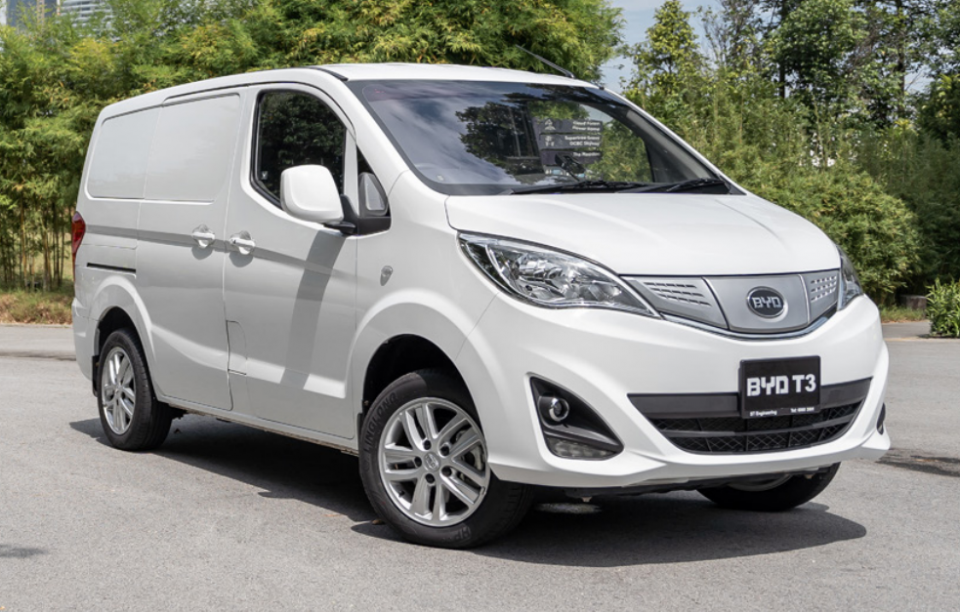
BYD Auto was founded in 2003 as a subsidiary of BYD Co Ltd, itself founded in 1995 as a battery manufacturer.
The subsidiary built its first plug-in hybrid in 2008 and that year, Warren Buffett’s holding company Berkshire Hathaway took a 10 per cent stake in it.
In addition to cars, BYD also produces electric buses which are used in numerous countries including Australia.
Today, BYD has a market capitalisation of US$103.58 billion, making it more valuable than established brands including Mercedes-Benz, Ford, General Motors and BMW.
MORE: BYD ‘overwhelmed’ by demand, plans huge EV expansion MORE: BYD: 20 retail sites and eight EV models by 2024 now the goal MORE: China’s BYD electric SUV arrives from $44,381, online MORE: Brand overview: BYD
Where expert car reviews meet expert car buying – CarExpert gives you trusted advice, personalised service and real savings on your next new car.
William Stopford is an automotive journalist based in Brisbane, Australia. William is a Business/Journalism graduate from the Queensland University of Technology who loves to travel, briefly lived in the US, and has a particular interest in the American car industry.


Anthony Crawford
5 Days Ago


Matt Campbell
4 Days Ago


James Wong
3 Days Ago


Max Davies
2 Days Ago
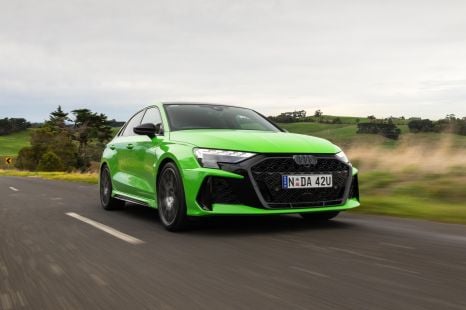

Josh Nevett
1 Day Ago
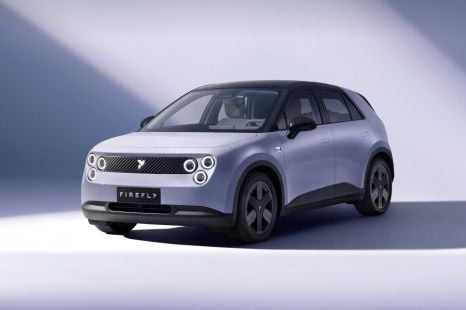

William Stopford
17 Hours Ago